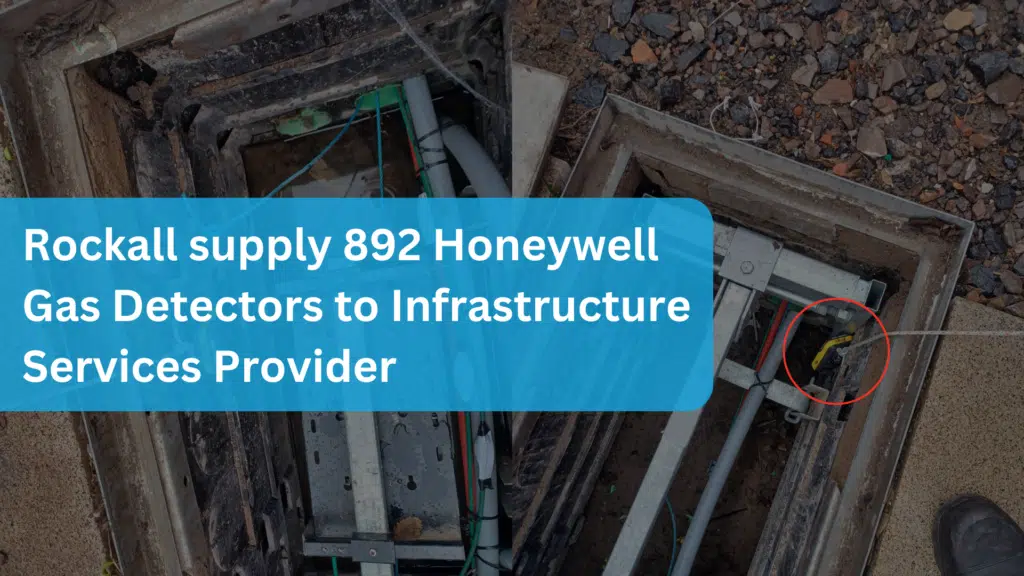
Hydrogen is a colourless, odourless, and tasteless gas that is highly flammable and explosive. It is essential to have effective gas detection systems in place to protect people and property from the hazards of hydrogen leaks. This may seem an obvious statement, but our engineers have come across examples where the working layout of an operational area had changed significantly since installation.
Fixed gas detectors are a critical component of any hydrogen safety program.
Fixed detectors must be installed in the area where hydrogen is used or stored so that they can continuously monitor the air for contamination. If a leak should occur, the detector will sound an alarm to alert personnel and initiate shutdown procedures.
The internal sensors used by fixed gas detectors can vary according to manufacturer and site requirements.
The most common type of sensor used within fixed gas detectors is the pellistor sensor, which is a type of electrochemical sensor specifically designed for flammable gas detection.
Pellistor sensors are accurate, reliable, and relatively inexpensive, making them a good choice for most applications.
Other types of sensors that can be used for fixed gas detection of hydrogen include thermal conductivity sensors, semiconductor sensors, and optical sensors.
Thermal conductivity sensors measure the difference in thermal conductivity between air and hydrogen gas, while semiconductor sensors measure the change in electrical conductivity of semiconductor material in the presence of hydrogen gas. Optical sensors use light to measure the concentration of hydrogen gas in the air.
The best type of sensor for a particular application will depend on several factors, including the concentration of hydrogen gas that is expected to be present, the level of accuracy that is required, and the cost of the sensor.
Our fixed team, provide a turnkey solution that will assess, install and service your existing equipment, or offer new solutions as required. For further information, help and advice, call our experts at 02920 759 683.
In addition to the type of gas detector and sensors you may need to use, there are a few other factors that should be carefully considered:
- The location of the detectors.
Consideration should be taken regarding ventilation/air conditioning, windows and exits. - The sensitivity of the detectors.
Any of our first considerations regarding location will of course affect the required sensitivity of each sensor used. A well-aerated room, for example, will need a much more responsive sensor than that of a confined space. - The alarms and shutdown systems are connected to the detectors.
Annunciator location and systems integration are crucial to the effectiveness of any fixed gas installation.
Maintenance
Regular maintenance of fixed gas detection systems is very important for ensuring that the systems remain effective throughout their operational lifetime.
The detectors should be installed by qualified personnel, and they should be regularly calibrated and tested to ensure that they are functioning properly.
By following these fundamental practices, you can help to ensure that your fixed gas detection system for hydrogen is effective in protecting your staff and property from the hazards of hydrogen leaks.
Our fixed team, provide a turnkey solution that will assess, install and service your existing equipment, or provide new solutions as required. For further information, help and advice, call our experts at 02920 759 683.
Click below to view a selection of recommended fixed gas detection products.
https://www.rockallsafety.co.uk/product-category/gas-detection/fixed-gas-detectors/
Further reading:
Understanding the dangers of Hydrogen Cyanide.
https://www.rockallsafety.co.uk/understanding-the-dangers-of-hydrogen-cyanide-hcn/
Installation of fixed gas explained.
https://www.rockallsafety.co.uk/installation-of-fixed-gas-detection-explained/





